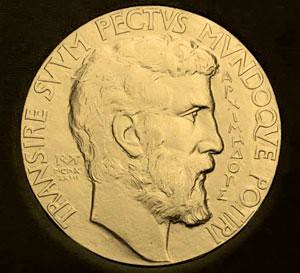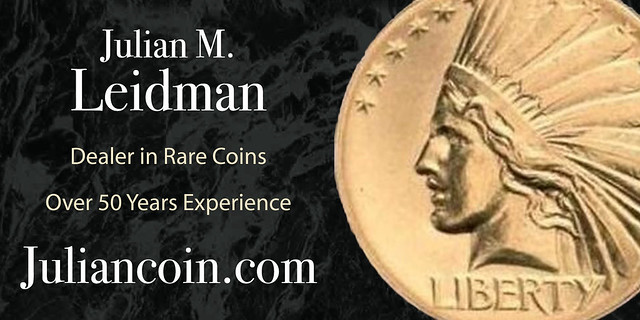
PREV ARTICLE
NEXT ARTICLE
FULL ISSUE
PREV FULL ISSUE
V25 2022 INDEX E-SYLUM ARCHIVE 2022 FIELDS MEDAL WINNERSNobel Prize medals may be the most famous medals in the world, but they aren't the only important medals for achievment at the highest level. We've written before about the Fritz Medal for engineering and the Fields Medal for mathematics. This week, four new Fields medals were awarded. First, some background. -Editor
The Fields Medal originated from surplus funds raised by John Charles Fields (1863–1932), a professor of mathematics at the University of Toronto, as organizer and president of the 1924 International Congress of Mathematicians in Toronto. The Committee of the International Congress had $2,700 left after printing the conference proceedings and voted to set aside $2,500 for the establishment of two medals to be awarded at later congresses. Following an endowment from Fields's estate, the proposed awards—contrary to his explicit request—became known as the Fields Medals. The first two Fields Medals were awarded in 1936. An anonymous donation allowed the number of prize medals to increase starting in 1966. Medalists also receive a small (currently $1,500) cash award.
To read the complete article, see:
The medal was designed by Canadian sculptor R. Tait McKenzie. QUICK QUIZ: The Carnegie Hero Medal shows Andrew Carnegie on the obverse; the John Fritz Medal shows John Fritz; so who's the guy on the Fields medal? And have any of the Fields medals come out on the numismatic market? -Editor
To read some fascinating stories about the 2022 winners, see:
To read earlier E-Sylum articles, see:
Wayne Homren, Editor The Numismatic Bibliomania Society is a non-profit organization promoting numismatic literature. See our web site at coinbooks.org. To submit items for publication in The E-Sylum, write to the Editor at this address: whomren@gmail.com To subscribe go to: https://my.binhost.com/lists/listinfo/esylum All Rights Reserved. NBS Home Page Contact the NBS webmaster 
|

